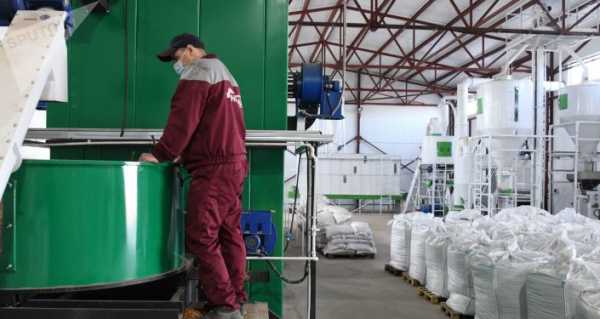
Scientists from Tomsk Polytechnic University (TPU) have discovered a new way to accelerate the ignition of fuel from waste coal.
According to the authors of a study, their method makes fuel ignite only during use, ensuring its fire-safe storage. The results of their research have been published in the Chinese Journal of Chemical Engineering.
Today, millions of tons of coal waste have been accumulated in the dumps of concentration plants of coal-mining regions in Russia; attempts have been made to use it as fuel or produce building materials. According to the scientists, the difficulties with its ignition make such waste difficult to be used as fuel.
Waste coal contains plenty of waste rocks in it, so it takes a lot of energy to ignite the non-combustible mineral portion. For instance, such waste requires it to be heated three times longer than the same sized portion of coal concentrate under equal conditions, the researchers explained.
In order to solve this problem, the TPU scientists optimised fuel ignition using the ultrafine crushing of its droplets while absorbing laser pulses. According to the study’s findings, this approach requires noticeably lower pulse energies, and is also quite simple to implement unlike the simple heating of fuel with a laser flux, which was previously proposed by Russian, Chinese, Turkish, and European researchers.
Direct heating of fuel by a laser in a wide range of pulse energies is incapable of accelerating its ignition at an acceptable cost damage ratio. As the researcher noted, the only effective mechanism for accelerating ignition is when the water contained in the near-surface layer instantly evaporates after a pulse.
A tubular muffle furnace, a nanosecond pulsed laser with a pulse energy of up to 200 mJ, a high-speed video camera with macro-optics for recording the process of the pulse-fuel interaction, and optical microscopy were used in the study. In addition, the scientists have developed software that allows all ongoing processes in the laboratory to be synchronised.
Scientists plan to apply the laser activation method to other types of water-fuel mixtures made of combustible industrial waste and low-grade fossil fuels (peat and brown coal).
Sourse: sputniknews.com






